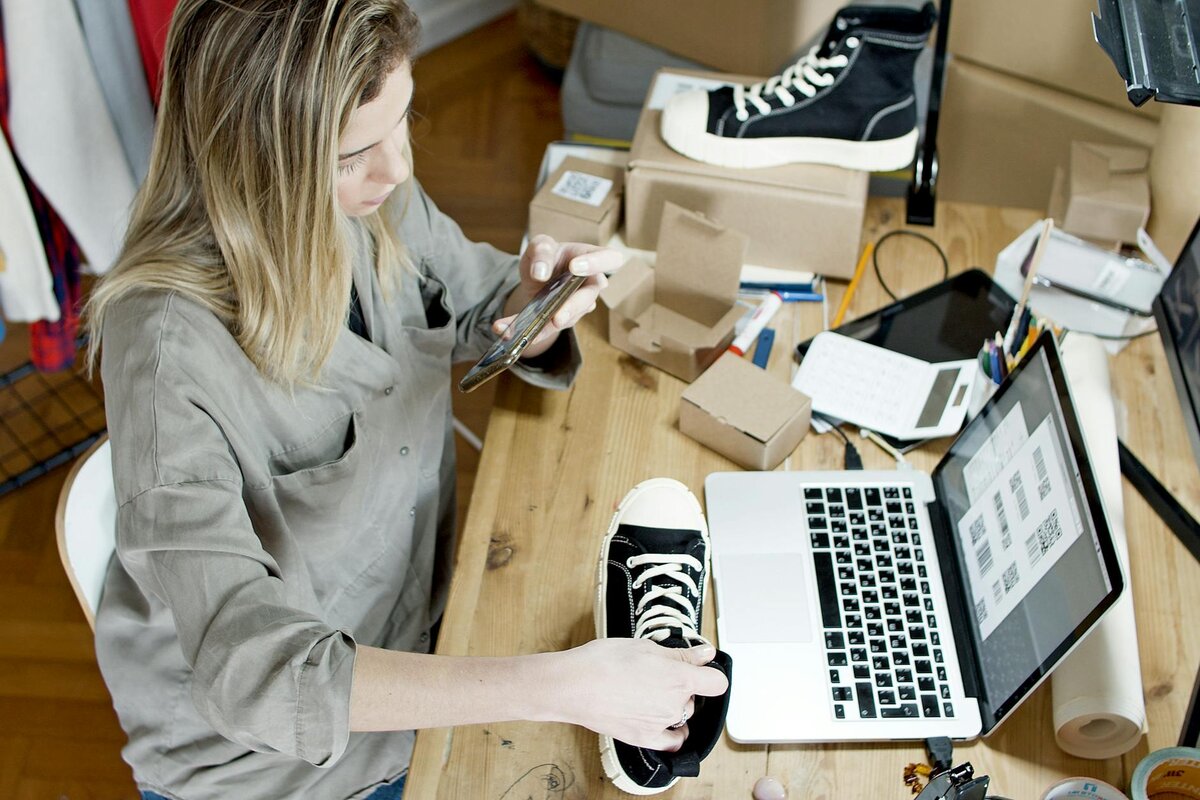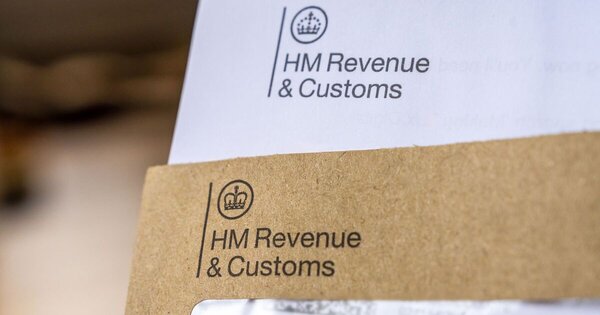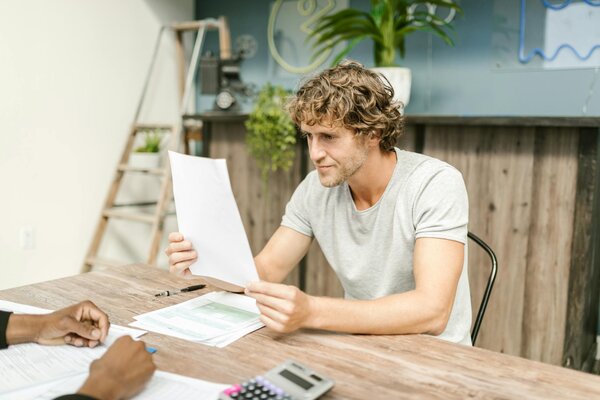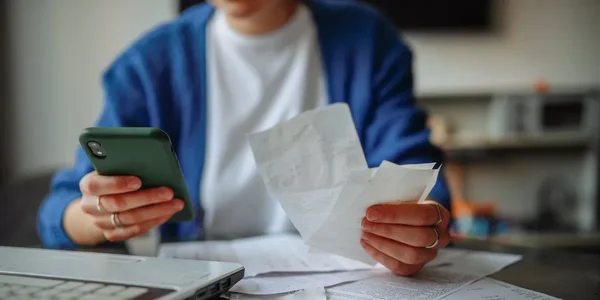Let’s Break This Down Together...
Worried that HMRC can see your PayPal or Depop income? You’re not alone – more online sellers are being flagged for undeclared earnings.
This article explains how HMRC monitors digital platforms, what counts as casual selling vs. a business, and when you need to report. You’ll also learn about the £1,000 Trading Allowance and how to stay compliant.
Get ahead of HMRC, avoid penalties, and take control of your side hustle tax with confidence. Let’s dive in!
Can HMRC Actually See My PayPal and Depop Income?
The short answer is yes – HMRC has several ways to access information about your online selling activities.
PayPal and Depop may be required to share data with tax authorities, especially for sellers who exceed certain transaction thresholds or show patterns consistent with business trading. HMRC actively monitors various sites and online marketplaces to detect undeclared income.
HMRC’s sophisticated Connect system can analyse data from multiple sources, including online platforms, banks, and payment processors to identify discrepancies. Platforms are required to collect and share transaction data with HMRC as part of new reporting regulations.
The UK has signed up to international agreements like the OECD’s digital platform reporting requirements, which means more data sharing between platforms and tax authorities. As a result, income and transaction details are reported to HMRC under these data-sharing agreements.
Even if platforms don’t directly report to HMRC, your bank statements can reveal regular payments that might trigger questions during an investigation.
How HMRC Monitors Online Sellers
HMRC uses advanced data-matching technology that can compare information across different systems, including your bank accounts and tax returns.
Under various international agreements, HMRC receives bulk data from payment platforms about users who exceed certain transaction thresholds.
Bank account analysis is another tool in HMRC’s arsenal – they can spot patterns of regular income from PayPal or Depop that haven’t been declared.
Risk assessment algorithms help HMRC flag unusual activity, such as someone with a modest declared income receiving large or frequent PayPal transfers.
HMRC has teams specifically focused on the digital economy, with the technical capability to identify potential tax gaps in these areas. This focus is part of a wider government initiative to ensure tax compliance among online sellers.

Selling Personal Possessions vs. Running a Business Online
Selling personal possessions online is a popular way to make some extra money and clear out unwanted items. If you’re simply selling things you’ve owned and used like clothes, gadgets, or furniture HMRC generally treats this as disposing of personal possessions. In most cases, you won’t need to pay income tax on the money you make from these sales, as it’s not considered taxable income.
However, the situation changes if you start buying items specifically to resell at a profit, or if you’re making or upcycling goods to sell on online marketplaces like eBay or Depop. Once you’re regularly selling goods with the intention of making a profit, HMRC may view you as running a business even if it’s just a side hustle. As a sole trader, you’ll need to keep detailed records of all your transactions, including receipts, sales details, and expenses.
If your business grows and your turnover exceeds the VAT registration threshold, you’ll need to register for VAT and start charging it on your sales.
Understanding the difference between selling personal possessions and running a business online is crucial. It ensures you pay the right amount of tax, avoid unexpected bills, and make the most of any deductions you’re entitled to.
Trading Allowance: Your £1,000 Buffer
The good news is that the first £1,000 of your trading income each tax year can be tax-free under the Trading Allowance.
The personal allowance is a separate tax-free threshold that applies to your total income, including income from online selling. If your only income is from online selling, you may not need to pay tax unless your total income exceeds both the trading allowance and the personal allowance.
Once your online selling profits exceed £1,000 in a tax year, you must register for Self Assessment and declare this income to HMRC. If you have other sources of income, you need to consider how all your income affects your tax position and whether you exceed the personal allowance.
The Trading Allowance covers income from all your casual trading activities, not just online selling – so include any other side hustles or other sources of income.

When Does Selling Become Taxable?
Selling your unwanted personal items occasionally (like clearing out your wardrobe) typically isn’t taxable – HMRC considers this disposing of personal possessions.
However, if you’re regularly buying items with the intention to resell them at a profit, HMRC will likely consider this to be trade, which is a business activity for profit, rather than casual selling.
The frequency of your sales matters – occasional sales suggest personal disposal, while regular weekly listings point toward trading activity.
Most sellers on platforms like Depop are casual users making occasional sales, but if you start trading regularly, your tax status may change.
If you’re modifying, upcycling, or repairing items before selling them, this strengthens the case that you’re trading rather than just selling personal items.
How to Stay Compliant with HMRC
If your trading income exceeds £1,000, register for Self Assessment through the HMRC website – it’s a straightforward process that takes around 10 minutes.
Keep a detailed record of all your online sales, including dates, items sold, selling prices, and any expenses, fees, and costs directly related to your selling activities. Accurate records are essential for managing your finances and ensuring you can claim all allowable expenses.
If you are regularly selling for profit, you may be considered self employed and need to follow the relevant tax rules for self-employment, including registering with HMRC and submitting annual tax returns.
Consider opening a separate bank account for your online selling to keep personal and business finances clearly separated.
Set aside approximately 20-30% of your profits for potential tax bills, depending on your overall income level and tax band.

Final Thoughts
HMRC’s visibility into online selling platforms continues to increase, with new data-sharing agreements making it harder to fly under the radar. Tax rules affecting online marketplaces can also impact the circular economy, potentially discouraging sustainable practices like reselling and reusing clothing.
The £1,000 Trading Allowance provides a helpful buffer for casual sellers, but once you cross that threshold, proper tax compliance becomes essential. Most people using these platforms are casual sellers, but tracking your revenue is important for everyone.
The difference between occasionally selling personal items and trading can be subtle, but HMRC has clear criteria they use to determine taxable activity. If you sell high-value items, you may also need to consider capital gains tax.
Being proactive about your tax obligations is always cheaper and less stressful than dealing with HMRC investigations and penalties later on.
Pie tax: Simplifying Online Selling Tax
Getting your online selling tax sorted doesn't have to be complicated or stressful with the right tools at your fingertips.
Pie tax, the UK's first personal tax app, can help store your PayPal and Depop transactions, helping distinguish between personal items sold and actual trading.
The app allows you to handle adding your allowable expenses and preparing your tax return, making it simple to stay compliant without the headache.
Why not explore how Pie.tax could take the stress out of your online selling tax?











